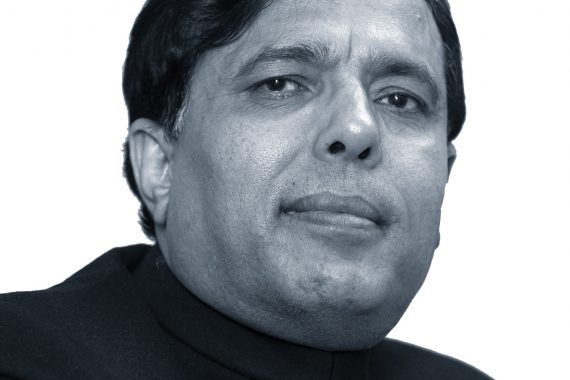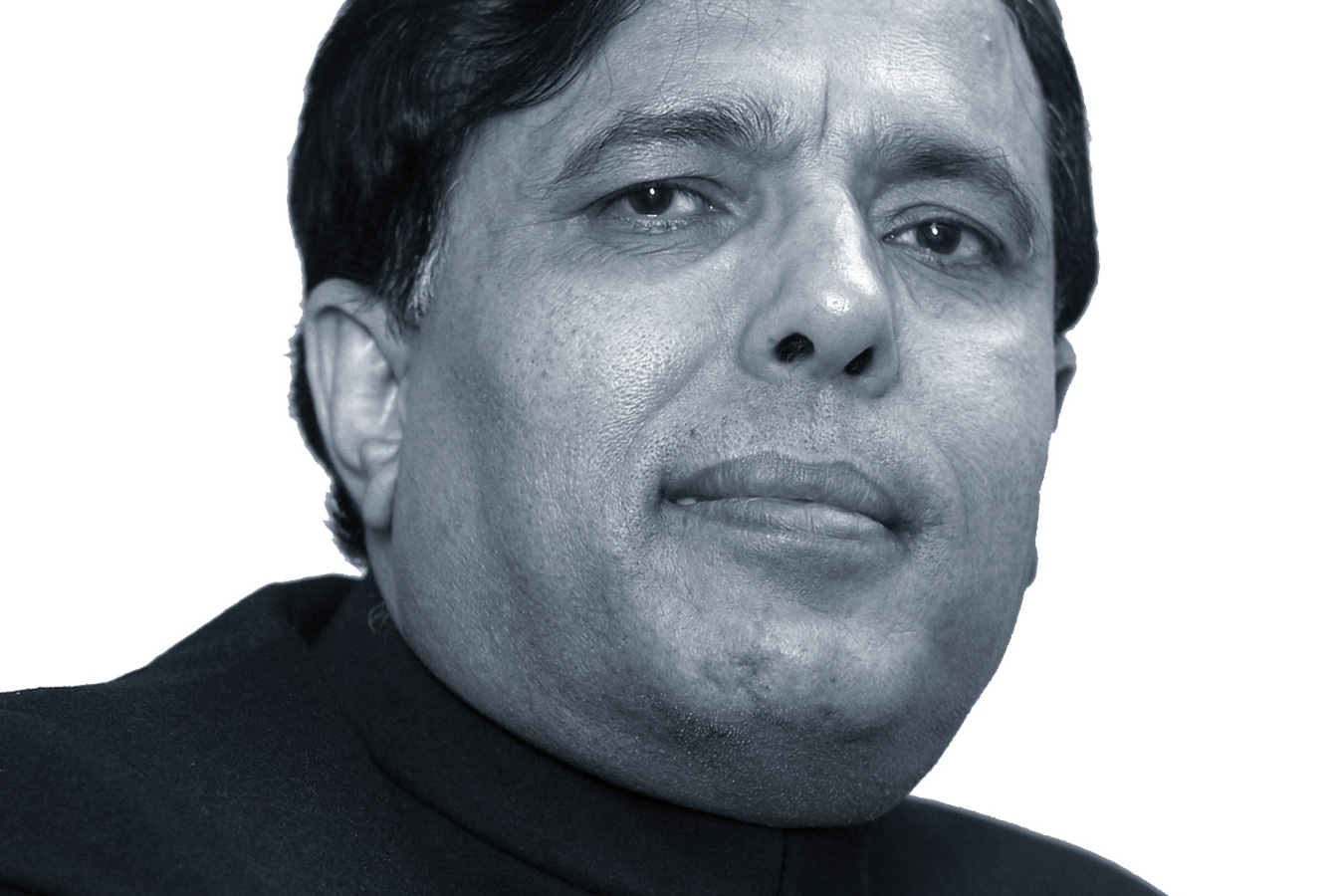Statin Island


Last Sunday, The Mail on Sunday published an article on ‘the statin deniers’, without, in my view, ascertaining crucial facts. When drug industry-sponsored trials cannot be examined and questioned by independent researchers, science ceases to exist and becomes nothing more than marketing.
I have been a GP for more than 30 years and prescribed statins with little concern, until I took statins myself for over two years. I developed side-effects including myalgia, backache and sleep disturbance. However, after I stopped taking statins, my symptoms largely disappeared.
Data from Statin Usage USA (1) suggests that up to 20% of statin users have muscle problems. The higher estimate certainly reflects the many patients I saw when I was practising, who are or were miserable when put on statins. It’s instructive to note that pharmaceutical company and manufacturer of Atorvastatin Pfizer’s own patient leaflet states ‘common side-effects that may affect up to one in ten patients include sore throat, nausea, digestive problems, muscle and joint pain.’ Muscle pain and fatigue are not figments of misattribution and public misinformation. They are too prevalent and recurrent in people who desperately want to stay on statins. Rather than discount a widely observed phenomenon, we should ask why there is such a mismatch with reporting in the trials.
Three quarters of people having a first heart attack, for instance, have normal cholesterol levels. According to the World Health Organization (2), 80% of cardiovascular disease is caused by smoking, inactivity, an unhealthy diet, and other lifestyle factors. An independent Norwegian study on women with no pre-existing heart disease found that the lower a woman’s total cholesterol, the greater her risk of dying – of heart disease or indeed anything else! (3)
When drug industry-sponsored trials cannot be questioned by independent researchers, science becomes nothing but marketing
Recently, two groups of researchers in Japan and France independently questioned the reliability of many of the earlier industry-sponsored studies that show the benefit of statins. Japanese researchers even suggest that statins may be a cause of the increasing population burden of heart failure (4), and reputed French cardiologist Dr Michel De Lorgeril’s analysis shows that all studies published after 2006 reveal ‘no benefit’ of statins for cardiovascular prevention in all groups of patients.
But De Lorgeril (5) calls for a full reassessment of all statin studies. He states that ‘physicians should be aware that the present claims about the efficacy and safety of statins is not evidence-based.’ There is now also a growing body of research that suggests that lowering your cholesterol too much with statins could be linked to an increased risk of other serious health conditions, such as Parkinson’s disease and diabetes.
For the majority of people, statins actually have very little impact on whether you succumb to heart disease, cost us a huge amount of money, create a range of unpleasant side-effects and increase the workload of overworked GPs. Statins give the illusion of protection to many people who would be much better served by simply walking more and avoiding processed food.
The hard fact is that the chance of a statin increasing your likelihood of avoiding a ‘serious vascular event’ such as a heart attack or a stroke is 140:1 – that is, if you’re healthy with a low risk of cardiovascular disease. And you have to keep taking the statins for five years.
All of which begs the question, if the benefits of statins have been exaggerated and we’re discovering new potential risks, wouldn’t many low-risk people be better off losing a bit of weight and eating the right foods to ward off heart disease?
Good medicine should always be evidence-based and given to the right patient at the right time. There is no doubt that statins have an important role when it comes to the care of patients who have either had heart attacks or been diagnosed with heart disease. But if increasing amounts of people without heart disease take statins, it will be a victory for vested interests over evidence.
The debate about statins in primary prevention is alive and kicking. It is a debate that needs to be resolved as thoughtfully, objectively, and openly as possible, and not by ill-thought, unscientific articles.
Conflict of interest: Dr Aseem Malhotra, Cardiologist mentioned in The Mail on Sunday article, is my son.
Dr Kailash Chand is a retired GP in Tameside
References
http://www.statinusage.com/Pages/key-findings-and-implications.aspx
https://www.who.int/nmh/publications/fact_sheet_diet_en.pdf
https://www.ncbi.nlm.nih.gov/pmc/articles/PMC3303886/
https://www.ncbi.nlm.nih.gov/pmc/articles/PMC5096253/
http://jcbmr.com/index.php/jcbmr/article/view/11









